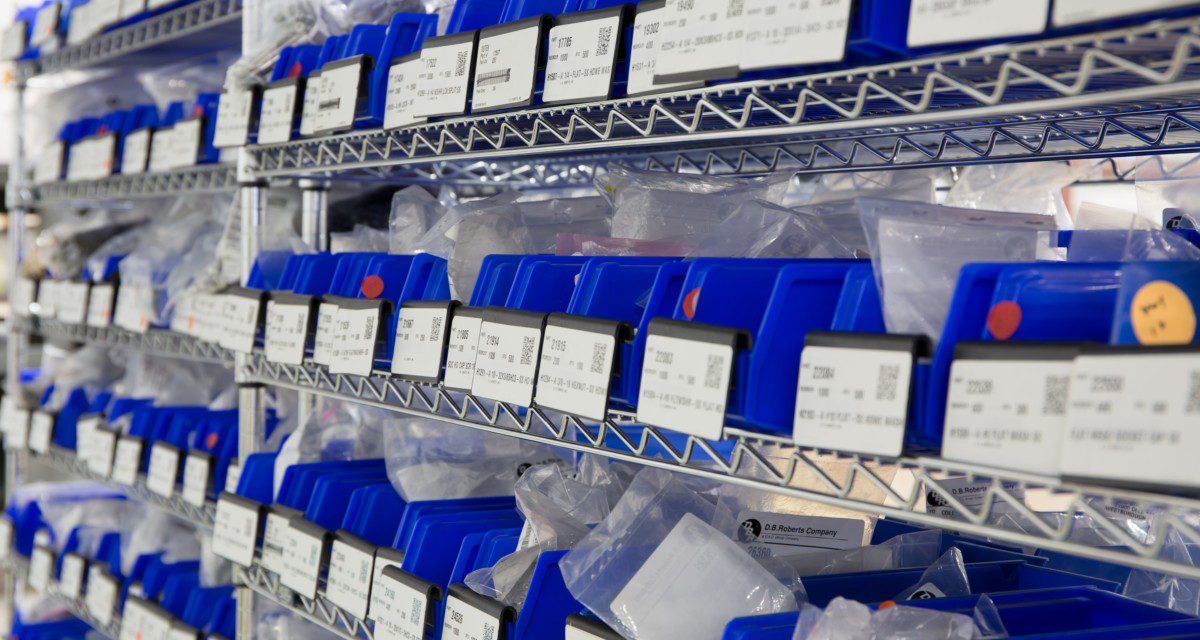By Rich Schulman, Vice President of Quality and ITAR Technology Control Officer and Gerry St. Jean, Manager Audit and Training.
Columbia Tech applied for, and successfully received, its ITAR registration for the fifth year which is now valid through April 2014.
To pick up where we left off, this article touches upon NEW Hurdles and Regulations
A) KNOWLEDGE IS POWER
The more we learn about ITAR regulations, the more we find ourselves with reporting requirements on quoting and order activity and license requests, as well as flow down reporting to our suppliers. In many ways we now know more about ITAR than our customers do; we’ve pushed them as opposed to them pushing us.
B) REGULATION: A DOUBLE EDGE SWORD
First, we understand why the Government feels a need for regulation; attempting to keep technology and Intellectual Property that could risk National security away from the “bad” guys is an excellent concept. As U.S. citizens, knowing these regulations are in place should help us feel more confident that the latest whiz bang technology, defense screening mechanism or military products will not end up in the wrong hands.
However, each added regulation creates increased workload within the defense industry forcing companies to implement additional restrictive internal processes. We are forced into hiring additional staff to manage the export license application processes or additional “status” reporting to the government, or go outside to contract with one of the new export compliance and regulations companies.
What was once a cottage industry has blossomed into full-on business for the many entities that “help” companies like Columbia Tech manage their export control programs. We can make a choice to manage our programs internally, making use of the many business and software applications spawned by this new industry, absorbing the costs directly or go off-site and choose “experts” in the field to help keep us in line. Columbia Tech has chosen a hybrid of these options maintaining internal resources who are knowledgeable in export controls and are capable of integrating applicable changes and we maintain a relationship with an export consultant whose responsibility is to alert us to the same, helping us help our customers to classify their products and make sure total compliance adherence is paramount at the Coghlin Companies.
While the rules and regulations exist to ultimately protect our country, it is a costly process to the defense industry and the subcontractors, like Columbia Tech, that service them. Significant reform to simplify, streamline and remove the ambiguity in these loosely defined and ever changing regulations would be welcomed. The U.S. Government, having recognized the complications of the regulations, announced that they hope to reform the U.S. export systems by combining regulations from two governmental agencies into one reportable Single Export Control List, a single licensing agency, a single enforcement coordination agency and a single information technology system. We anxiously await the long promised reforms over the next several years but in the meantime, we will continue to do what is necessary to ensure safety for all.


 Contact Columbia Tech today to discuss your organization's needs and aspirations. Columbia Tech can help you grow, thrive and profit.
Contact Columbia Tech today to discuss your organization's needs and aspirations. Columbia Tech can help you grow, thrive and profit.